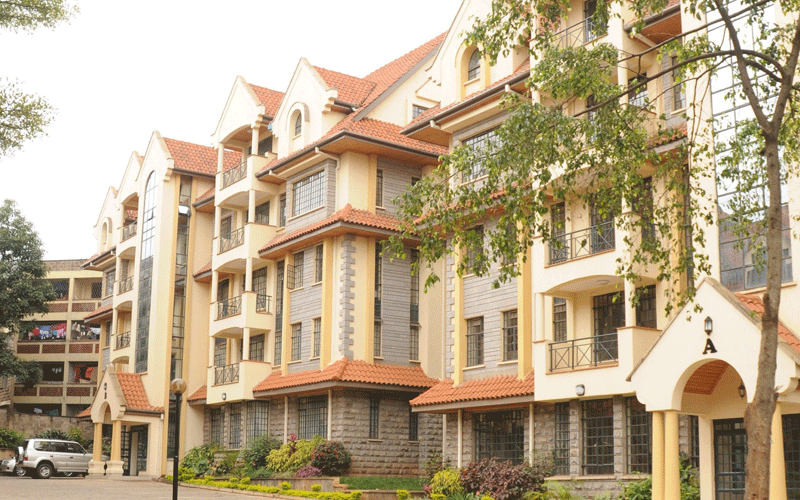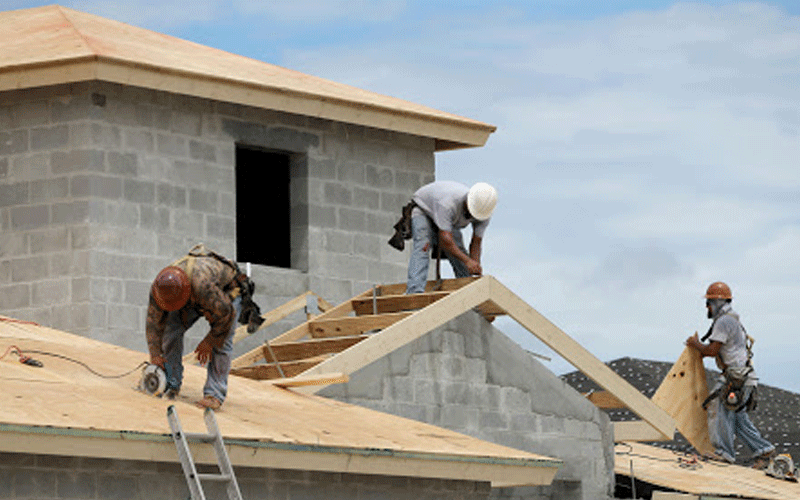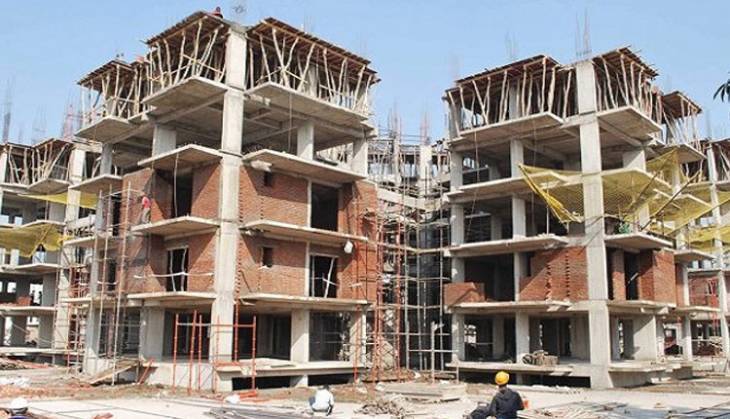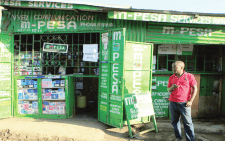KBA: Housing shows signs of recovery
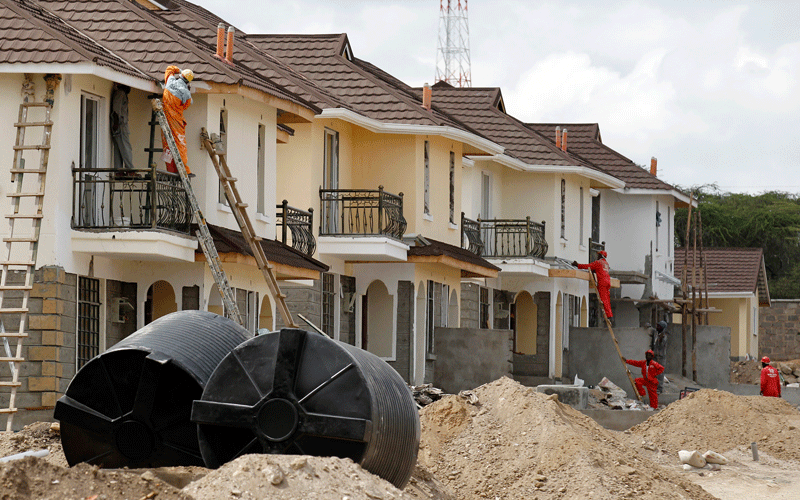
Steve Umidha @UmidhaSteve
Kenya’s housing market which is a key economic driver appears to be showing early signs of recovery in the post lockdown period, says an industry report.
Despite challenges brought by the coronavirus pandemic, the latest Kenya Bankers Association’s House Price Index (KBA-HPI)says the market is improving with more Kenyans still keen to rent open apartments while a good number are planning to purchase homes.
The KBA-HPI report released yesterday shows that house prices in the second quarter of 2020 (April –June) thinned by 0.20 per cent compared to 0.51 per cent dip in the first quarter of the year in what represents a fringe improvement.
“With demand remaining depressed, the concluded sales during the second quarter of the year represented a nearly 40 per cent drop from the previous quarter,” the KBA-HPI report notes, adding that while demand during the quarter was subdued due to a weak economy, the price movements were not far-reaching, partly due to the characteristic tendency of house prices to resist reductions.
Weaker economy
The property market was on a free downward spiral in 2019, even before the pandemic, as a weak economic activities and tight credit market during the interest rate cap regimes, discouraged investments in the housing market.
This according to the KBA –HP Index, led to the limited supply of housing units being faced currently, leading to the low demand.
“While showing positive growth during the first quarter of 2020, the broader construction and real estate sector manifested the weakness in the broader economy with its expansion of 5.3 percent being 0.38 percentage points lower than a similar period last year,” said KBA Chief executive Habil Olaka.
Home buyers’ preferences were characterised by a shift back to apartments as demand for townhouses appeared to fizzle out.
During that period, demand for apartments more than doubled accounting for 75.6 per cent compared to 33 per cent of the concluded sales in the previous quarter – with bungalows and Maisonettes jointly accounting for 24.4 per cent of the concluded sales.
Coronavirus pandemic had created cataclysmic headwinds and jitters for most players in the property market as early as March 2020, when the first case of the virus was reported in the country.
Supply chain disruption
Most developers had hinted at the partial lockdown as a hindrance to players in the sector which led to a dip in the number of workers on sites, disrupting supply chains, including sporadic access to construction material shops that impacted on project delivery timelines and cost.
“We expect most activities to gradually return to optimum levels to correct longer development periods, a situation we had been pushed into by the COVID-19 pandemic,” said George Mburu, a director at Mizizi Africa Homes.
The performance of the sector come on the back of some of the leading indicators remaining on the positive territory, but still subdued.
